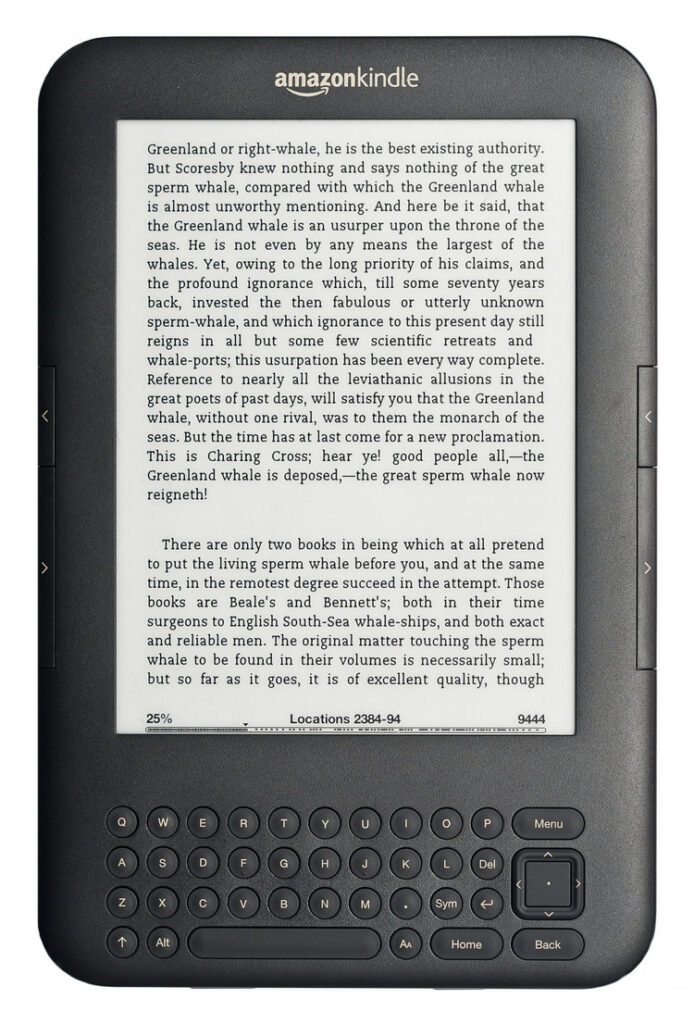This is why I have a love-hate relationship with my Kindle…
You see, the other day I came across an interesting study in the Journal of Consumer Research entitled “Digital Goods Are Valued Less Than Physical Goods“.
I won’t bore you with all the details of the study. Here’s the punchline: “…in five experiments, people ascribed less value to digital than to physical versions of the same good. Research participants paid more for, were willing to pay more for, and were more likely to purchase physical goods than equivalent digital goods, including souvenir photographs, books (fiction and nonfiction), and films… Greater capacity for physical than digital goods to garner an association with the self (i.e., psychological ownership), underlies the greater value ascribed to physical goods. Differences in psychological ownership for physical and digital goods mediated the difference in their value.”
Whoa. Interesting.
It turns out that digital goods are so ethereal and abstract that we have a hard time developing a feeling of ownership for them.
This is probably why, after purchasing ebooks for 4 solid years, I recently started to buy paperbacks and hardbacks again. There’s just something satisfying about holding a book and turning the pages. And then there’s the joy of seeing one’s collection in all its glory on one’s bookshelf.
It turns out that I’m not the only one that feels this way. Physical book sales have beenstrong in recent years:
“Sales of digital books in 2016 were down 17% in the U.K. and nearly 19% here in the U.S., CNN reported. The Publishers Association data showed that print books, on the other hand, had a good year. U.S. sales of paperback books were up almost eight percent, hardcovers rose about four percent and children’s books surged a whopping 16%.”
There are many reasons for this, but the psychological satisfaction of having a physical object instead of a string of code is surely one of them.





